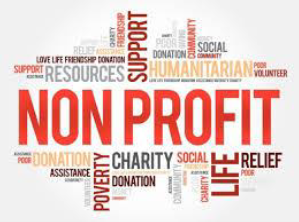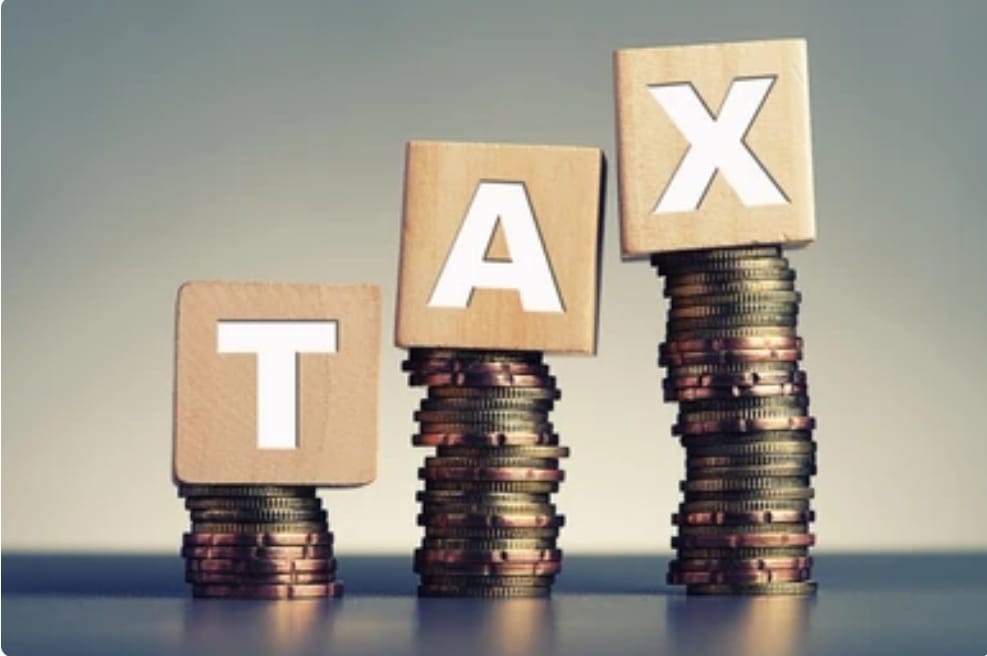Telemedicine has appeared as a transformative force in global healthcare, offering remote medical consultations and services through digital communication technologies. In 2020, during the pandemic, a lot of countries used telemedicine to combat diseases while physical contact was prohibited. In Nigeria, there are various functional consulting
HomeCategory Articles
We are delighted to announce the publication of Lexology’s Panoramic Telecoms and Media: Nigeria 2024, authored by our partners Tamuno Atekebo and Chukwuyere Izuogu. This comprehensive guide provides an in-depth overview of communications and broadcast media regulation in Nigeria, highlighting key trends and developments in each sector.
ArticlesCorporate LawArtificial Intelligence and Copyright Protection in Nigeria, Legal Impact and Challenges
Artificial Intelligence is developing rapidly around the world, with Nigeria seeing growing adoption and investment in AI technologies across various industries. As AI systems become more advanced and autonomous in their capabilities, questions have emerged regarding the application of copyright law to the works created by AI. Nigeria’s current copyright statutes were established prior to the emergence of AI and do not provide explicit guidance on authorship and ownership issues involving AI-generated output. This article examines the potential impacts of advancing AI technologies on copyright protection in Nigeria, as well as the challenges involved in appropriately applying and updating intellectual property law for an AI-driven era.
ArticlesCorporate LawAn Appraisal Of The Extent Of The Protection Offered By The Public Officers Protection Act, 2004: Co-Defendant’s Rights In View
The Public Officer Protection Act, 2004 (POPA) was enacted in a bid to ensure that public officers are not distracted from their public functions and duties at the instance of many litigations pending against them. This article will appraise the provisions of the POPA, examine the exceptions created from the protections of the court, and clarify the extent of the protection offered by the Act.
The Central Bank of Nigeria (CBN) has issued a significant directive affecting electronic transfers. As per the latest mandate, banks are now required to impose a 0.5% cybersecurity levy on electronic transfers. Our article sheds more light on the implications of this directive and how it might impact your transactions.
Public sector governance is aimed at ensuring that Public Sector Entities (PSEs) not only fulfill their mandates and achieve their intended outcomes but also operate within the bounds of ethical integrity, transparency, efficiency, and effectiveness. The Nigeria Public Sector Code of Corporate Governance 2023(referred to as "the draft Code") encompasses a comprehensive definition of PSEs. This includes all
ArticlesCorporate LawGovernanceKEY HIGHLIGHTS OF THE CODE OF GOVERNANCE FOR NOT-FOR-PROFIT ORGANISATIONS 2023
The Not-For-Profit Governance Code (“NFPGC” or the “Code”) 2023, is an initiative of the Technical Working Group (TWG), constituted by the Nigerian Ministry of Industry, Trade, and Investment, which aims to provide a comprehensive framework for governance in Nigeria in not-for-profit organisations (“NFPOs”).1 The NFPGC defines NFPOs as organisations that provide services to the community or a defined group of constituents or members and do not operate to make a profit for
ArticlesGovernanceData Protection Law or an Independent DPA are Prerequisites for a Positive Adequacy Decision in Nigeria
On 28 November 2023, the Federal High Court (the Court) delivered its judgment in the case of Ikigai v National Information Technology Development Agency Suit No. FHC/ABJ/CS/1246/2022. The Plaintiff, Ikigai, a non-profit organisation, requested the Court to interpret the provisions of the Nigerian Data Protection Regulations 2019 (NDPR) and
ArticlesCorporate LawMAKING A CASE FOR THE SECURITISATION OF INTELLECTUAL PROPERTY RIGHTS IN NIGERIA
A fundamental function of the government is to promote the prosperity of its people by implementing policies and programs that facilitate economic growth and development. The economic model of every state is uniquely designed to ensure that individuals have access to finance either through the state (the socialist model) or private individuals (the capitalist model).
A 2021 report by the International Survey on Revenue Administration reveals that only about 16.7% of the Nigerian economically active population pay tax1. The informal sector is estimated at 65% of the gross domestic product (GDP)2 and according to SMB Intelligence, the reason for the low tax-to-GDP ratio in Nigeria is because of the large size of the country’s informal economy.3










